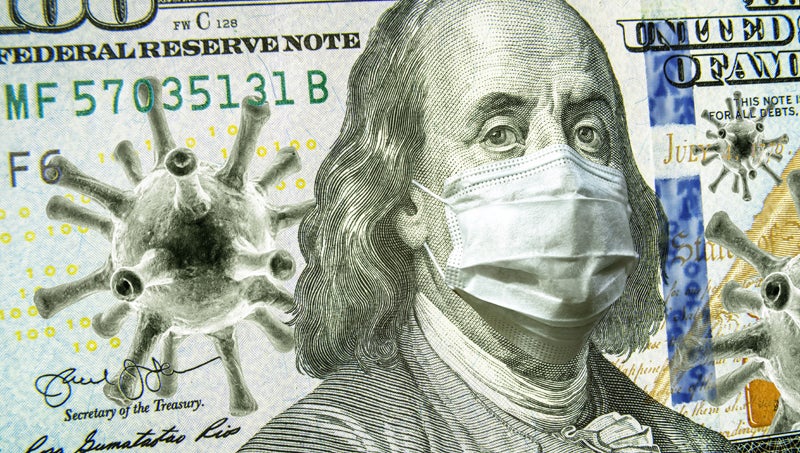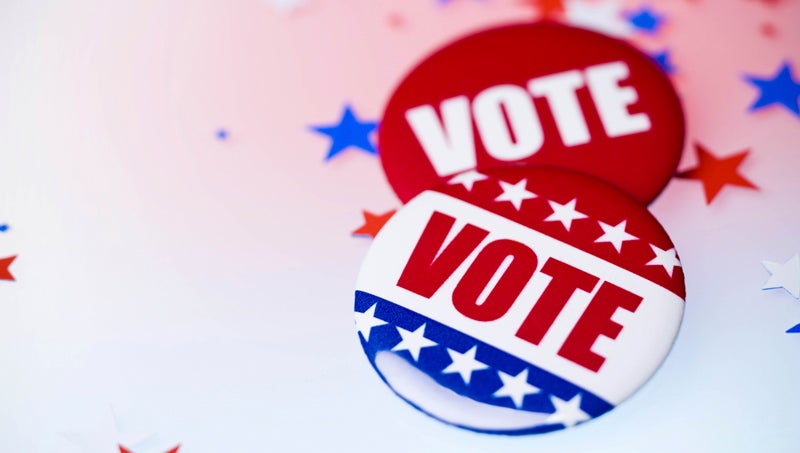Virus creates unprecedented economic woes
Published 6:49 pm Tuesday, May 19, 2020
|
Getting your Trinity Audio player ready...
|
Take a look around and it’s fairly easy to spot economic suffering these days. People out of work, retail stores with drastically reduced hours, salons and restaurants still closed — they’re all symptoms of the state’s response to a potentially deadly virus. But what are the short- and long-term implications of this current economic downturn?
That was the question Dr. Xuan Liu, an associate professor of economics at East Carolina University, set out to answer this week during a special presentation hosted by the ECU Alumni Association.
“I think most researchers in this field would agree that this is an unprecedented economic event that we have never seen before.” Liu said. “In its uniqueness, its impact and its timing, it is probably a once-in-a-century event.”
UNEMPLOYMENT
From the perspective of the labor market, Liu said the impact there was nothing less than shocking. In the past six weeks, about 30 million Americans have filed for unemployment insurance, with unemployment approaching 15%.
“At the height of the previous recession, the largest jump was only 800,000,” Liu said. “In U.S. history, the largest weekly jobless claim was when we ended the war in 1945, about 2 million U.S. military servicemen were demobilized. That was the last time we saw anything remotely close to the magnitude of people losing their jobs.”
In the years since the Great Recession of 2008-09, the U.S. has seen the longest period of declining unemployment in its history, but in a matter of weeks, the total number of jobs gained during that decade-long recovery has been wiped out.
While some have been able to take their work home, Liu says that largely depends on one’s job and income. For example, those with higher incomes are more likely to have the luxury of working at home.
“The people who have been privileged to work from home are often concentrated in the higher-income quintile,” Liu explained. “For the top 20% of earners, close to 72% were able to work from home. In contrast, if you look at the bottom quintile, less than 42% were able to work from home.”
RETAIL
Almost across the board, with the exception of online sellers, retail businesses have taken a major hit during the pandemic. All told, retail sales plunged by a record 16.4% in April. Clothing stores’ sales were down 78.8% compared to March, followed by electronics, down 60.6% and furniture, down 58.7% from the previous month. Online retailers, however, saw an 8.4% growth in April.
“Once again, it’s unprecedented,” Liu said. “We have never seen retail number so bad, including during the Great Recession.”
OIL PRICES
Another unintended consequence of COVID-19 restrictions has been plummeting oil prices. A few weeks back, oil futures, for the first time in history, hit a negative price per barrel. While prices have since stabilized, Liu added this to the list of unprecedented events in the global economy.
“We have never seen a crude oil market that was basically dropping out of the sky under the ground,” Liu said. “This is a reflection of many aspects of the economy: the lack of travelers; the grounded of flights; and the slowing down of manufacturing that is using crude oil as a fossil fuel.”
As of April, more than 100 countries across the world had put travel restrictions in place related to COVID-19. With everything on hold, and mobility patterns altered, Liu says the coronavirus has had a tremendous impact on this important commodity.
OVERALL PICTURE
So what does all this mean for the big picture of the U.S. and global economies? Liu says economist across the globe have been crunching numbers to try to figure out that impact and what it will take to recover. A big part of the recovery depends on finding an effective vaccine for the virus, he said.
“Many economist forecast at least a magnitude of a 4% hit to GDP growth,” Liu said. “We might see the worst hit in the second quarter of 2020. That’s probably between 4% and 8% for the U.S. economy. Of course, that is very much depending on how well we control the spread of COVID-19, how efficiently and safely we reopen our economy. So for the long-term recovery, we are cautiously optimistic.”
Liu says government stimulus money and additional unemployment benefits have helped soften the economic blow for some Americans, reducing wage losses by about 50% overall.
“The March and April job numbers are very bad, but May seems to be flattening,” Liu said. “It seems the initial hit to the labor market has softened, and we might be facing some kind of recovery in terms of initial shock to the labor market.”






